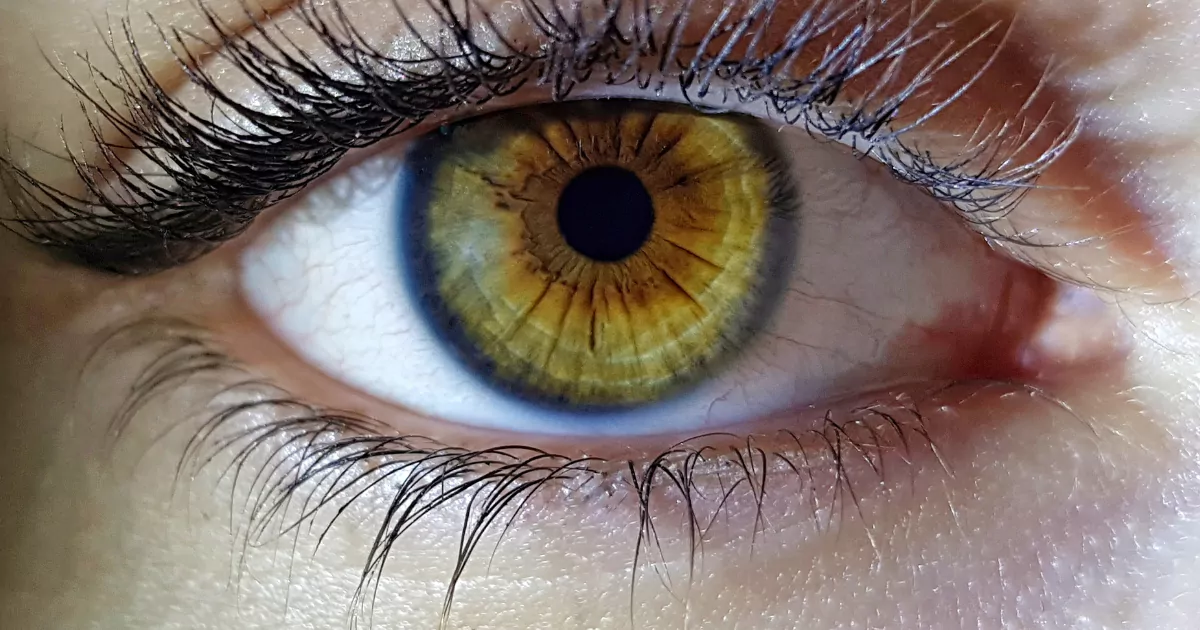Lucknow: Preventing glaucoma, a group of eye conditions that can cause blindness by damaging the optic nerve, involves several proactive measures. While you cannot entirely prevent glaucoma, especially if you have a genetic predisposition, you can take steps to reduce your risk and detect it early:
1. Regular Eye Examinations
Regular comprehensive eye exams are crucial for early detection of glaucoma. The American Academy of Ophthalmology recommends:
- Before age 40: Every 2 to 4 years.
- Ages 40 to 54: Every 1 to 3 years.
- Ages 55 to 64: Every 1 to 2 years.
- After age 65: Every 6 to 12 months.
If you are at higher risk (e.g., family history of glaucoma, African American descent, diabetes, or severe myopia), you may need more frequent exams.
2. Know Your Family History
Since glaucoma can be hereditary, knowing your family history helps in assessing your risk and deciding the frequency of eye check-ups.
3. Regular Physical Exercise
Moderate exercise, such as walking or jogging, can help reduce intraocular pressure (IOP), which is a significant risk factor for glaucoma. However, avoid exercises that involve heavy lifting or straining, as they can increase IOP.
4. Protect Your Eyes
Wearing protective eyewear during sports or activities that pose a risk of eye injury can help prevent trauma to the eye, which is another risk factor for glaucoma.
5. Maintain a Healthy Diet
A diet rich in fruits and vegetables, particularly those high in antioxidants (such as leafy greens and colorful fruits), can support overall eye health. Omega-3 fatty acids found in fish like salmon and flaxseed can also be beneficial.
6. Monitor Your Eye Pressure
If you are at high risk for glaucoma, your eye doctor might suggest regular monitoring of your intraocular pressure. This can be done through various tests during your eye exams.

7. Avoid Smoking
Smoking is detrimental to overall health, including eye health. Avoiding smoking can reduce the risk of glaucoma and other eye diseases.
8. Use Eye Drops as Prescribed
If your doctor has prescribed eye drops to lower your eye pressure, it’s crucial to use them as directed. These medications can prevent the onset of glaucoma or slow its progression.
9. Manage Health Conditions
Conditions like diabetes and hypertension can increase the risk of glaucoma. Managing these through a healthy lifestyle, medication, and regular medical check-ups is essential.
10. Limit Caffeine Intake
Some studies suggest that high amounts of caffeine can temporarily increase intraocular pressure. Limiting caffeine intake might be beneficial, especially if you have other risk factors for glaucoma.
11. Stay Informed
Keeping abreast of the latest research and developments in eye health can help you take proactive steps in preventing glaucoma.
By incorporating these measures into your lifestyle, you can significantly reduce the risk of developing glaucoma or ensure its early detection and treatment.










